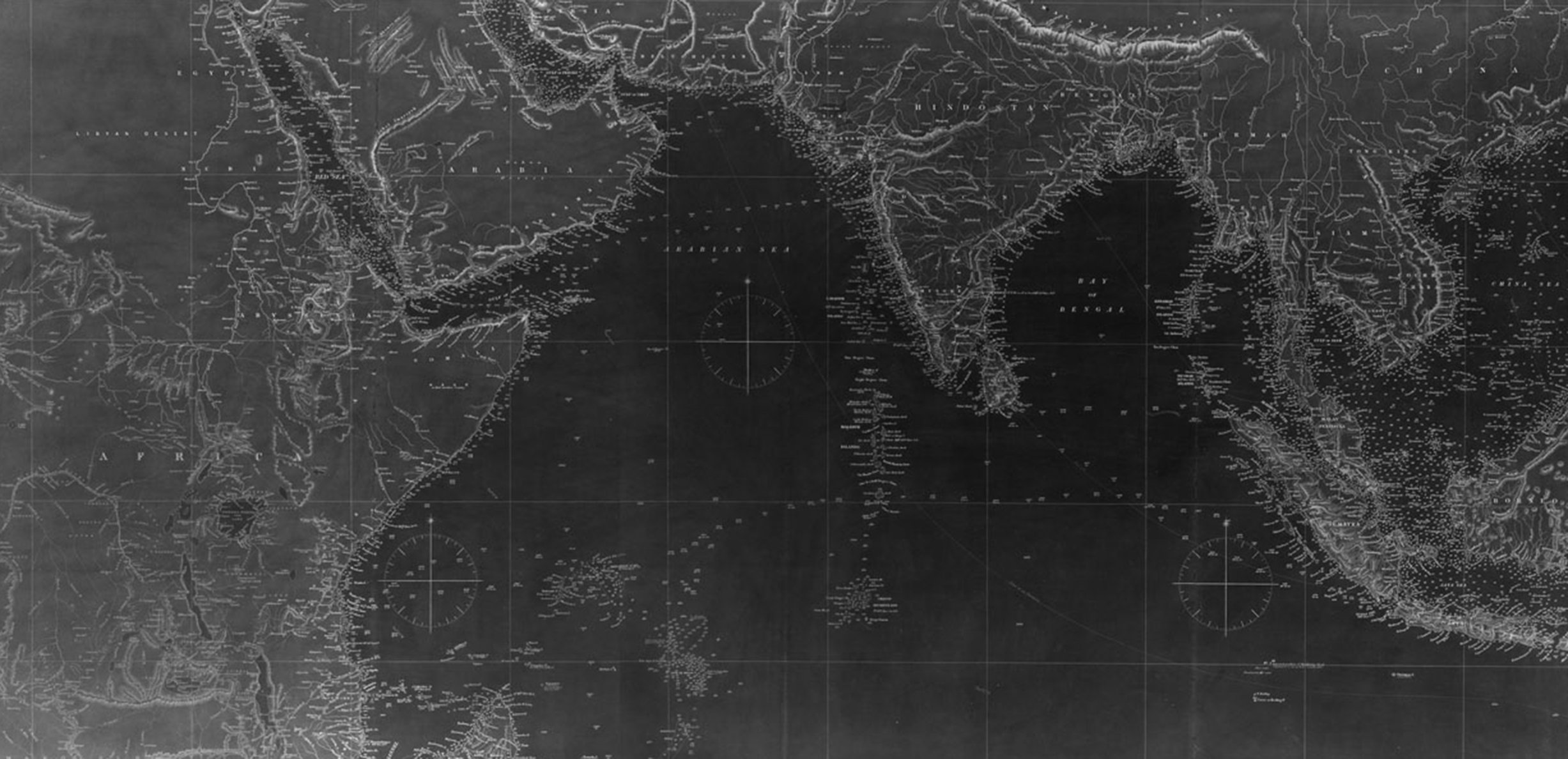
Selected Primary and Digital Sources on Slavery and Abolition: North America and the Indian Ocean in Global Contexts
Global
H-Net Digital Resources for the Study of Global Slavery and the Slave Trade: https://networks.h-net.org/node/11465/pages/143424/digital-resources-study-global-slavery-and-slave-trade
Slave Voyages: This represents “a collaborative digital initiative that compiles and makes publicly accessible records of the largest slave trades in history”: https://www.slavevoyages.org/
Digital Slavery Research Lab, University of Colorado, Boulder: Site describes itself as focused on “developing, linking, layering, and archiving open-source data and multimedia” concerning slavery and slaves trades on the Atlantic, Indian Ocean, and trans-Saharan routes: https://www.colorado.edu/lab/dsrl/
Yale Slavery and Abolition Portal: Includes “primary sources related to slavery, abolition, and resistance within the university’s many libraries and galleries”: https://slavery.yale.edu
Slavery in America and the World. Legal materials on slavery in the United States and other Anglophone societies: :https://heinonline.org/HOL/Index?collection=slavery&set_as_cursor=clear&utm_source=William+S.+Hein+%26+Co.%2C+Inc.+%26+HeinOnline&utm_campaign=0834dae7f7-EMAIL_CAMPAIGN_2018_10_22_07_56&utm_medium=email&utm_term=0_74dc9f7099-0834dae7f7-238478045.
Slavery in the Indian Ocean; African Diaspora in the Indian Ocean
Indian Ocean Slave Trades: Resources focus on the 19th and 20th centuries: https://indianoceanslavetrade.org
Archived Digital exhibition on African Diaspora in the Indian Ocean by the New York Public Library: http://exhibitions.nypl.org/africansindianocean/essay-intro.php
African Studies Center, Leiden: Includes resources on Indian Ocean Slave Trade in collected in connection with exhibition on slavery at the Rijksmuseum in Amsterdam: https://www.ascleiden.nl/content/webdossiers/indian-ocean-slave-trade
North America
Born in Slavery: Slave Narratives from the Federal Writers’ Project, 1936–1938. Includes more than 2,300 first-person accounts, and more than 500 photographs. The narratives were collected in the 1930s by the Federal Writer’s Project and the Works Progress Administration, and put into a seventeen volume set. Access:http://memory.loc.gov/ammem/snhtml/snhome.html.
Frederick Douglass Papers. Papers of the celebrated Black abolitionist Frederick Douglass, digitized by the Library of Congress. They are searchable, and also can be browsed by date, and then narrowed by type, such as speeches or correspondence. Access: http://www.loc.gov/collection/frederick-douglass-papers/about-this-collection/.
North American Slave Narratives. These constitute a special collection of the University of North Carolina-Chapel Hill. See also a bibliography of narratives by enslaved, -by William L. Andrews :
Slavery and Abolition in the U.S.: Select Publications of the 1800s. Includes speeches, tracts, pamphlets, books, legal proceedings, religious sermons, and personal accounts on slavery debates. It represents a cooperative project by Millersville University and Dickinson College, and includes more than 24,000 individual pages. Access:http://deila.dickinson.edu/slaveryandabolition/index.html.
Slaves and the Courts 1740–1860: legal records on cases involving slavery from the Library of Congress’s American Memory Project :Access: http://memory.loc.gov/ammem/sthtml/.
Letters from Enslaved Women: https://library.duke.edu/rubenstein/collections/digitized/african-american-women/
Resource Guide for Slavery in America: Overview from Library of Congress: https://guides.loc.gov/slavery-in-america
Overview of African Americans before 1865: https://researchguides.library.tufts.edu/c.php?g=408098&p=2779607
Black History and Culture from Schomburg, NYPL: https://www.nypl.org/about/locations/schomburg/digital-schomburg/links#17-19c